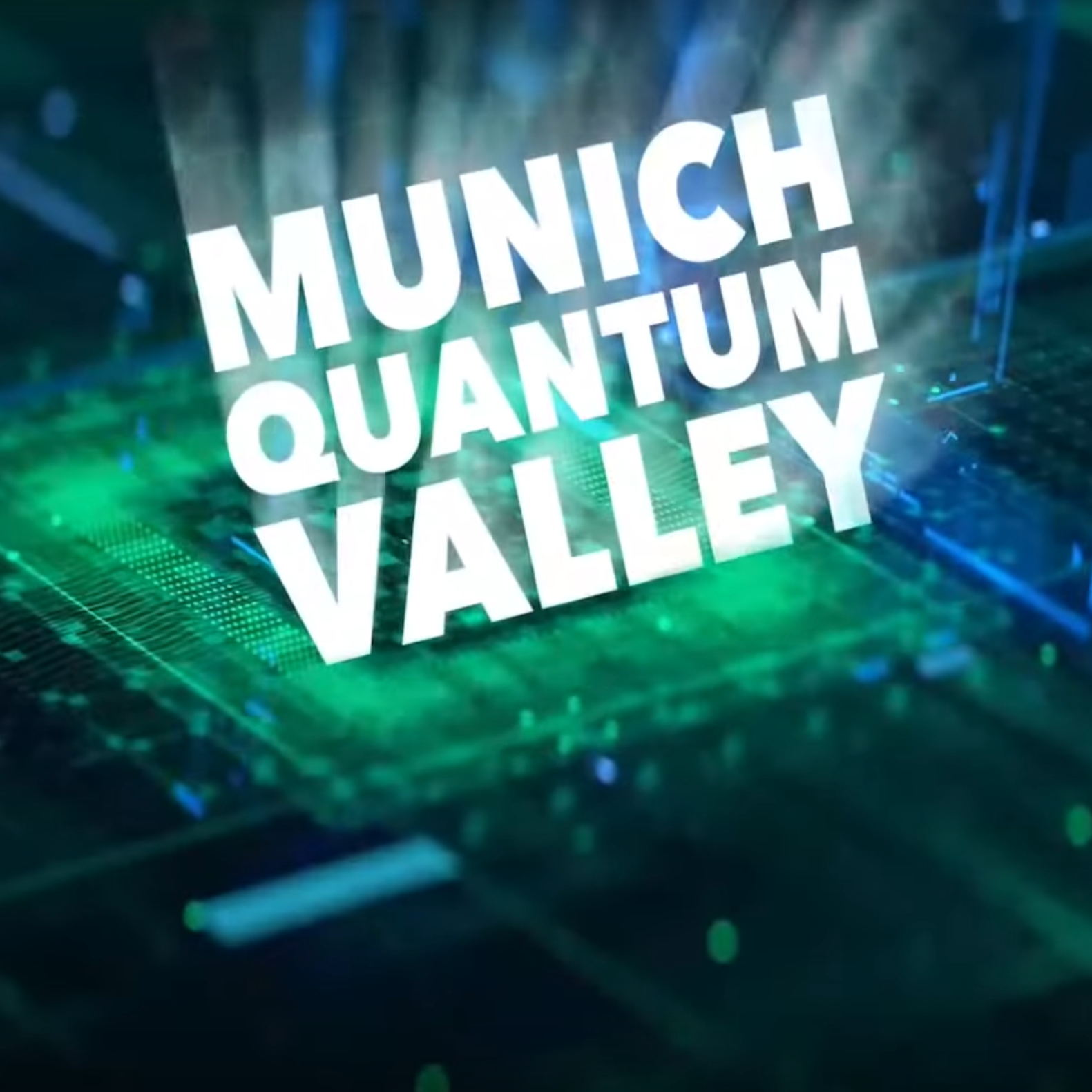Munich Quantum Valley
The Munich Quantum Valley (MQV) has been founded in 2021 by the Bavarian State Government on the initiative of the Max-Planck Society, the Fraunhofer Society for the Advancement of Applied Research, the Bavarian Academy of Sciences and Humanities, together with Germany’s leading universities, the Technical University of Munich (TUM) and the Ludwig Maximilian University of Munich (LMU) to establish a unique European center for quantum science and technology. The key objective is to place Bavaria at the very forefront of a research field with high scientific and future economic relevance. On the basis of the Munich Quantum Valley, other Bavarian sites will be integrated into an efficient network, making MQV an important nucleus and pillar of a national and European quantum strategy.
In August 2020, the spokespersons of the Excellence Cluster MCQST – Immanuel Bloch, Ignacio Cirac and Rudolf Gross – started an initiative to establish the Munich Quantum Valley. In a strategy paper, written with support of Max-Planck Vice President Klaus Blaum and FhG Research Director Raoul Klingner, they pointed out that the larger Munich area with its excellent research institutions as well as its active industrial, high-tech and venture capital environment is ideally suited to establish a unique European center for quantum science and technology (QST).
Financial support of MQV was immediately included into the Bavarian «Hightech Agenda Plus». Meanwhile, a Memorandum of Understanding has been signed by Prime Minister Söder and the presidents of the five founding research organizations (see MQV Kick-off event). For 2022/23, a budget of 120 Mio. € is already allocated and a total budget of 300 Mio. € is planned. By MQV, Bavaria as a whole will be developed into a leading international center with the potential to attract the best researchers and open up new opportunities for Bavaria as a business location in this innovative field. To implement MQV, the following three-point plan was proposed in the strategy paper will be implemented:
- Foundation of a Center for Quantum Computing and Quantum Technology to foster networking with industry, to develop priorities in QST R&D, and to coordinate the allocation of funding with the following priorities:
- Development, realization and operation of quantum computers based on a longterm institutional funding to guarantee international competitiveness.
- Support of basic science and development of basic quantum technologies within so-called lighthouse projects.
- Technology transfer to industry and start-ups.
- Establishment of a Quantum Technology Park to provide the technological infrastructure for the development and fabrication of quantum devices.
- Qualification and Education of the next generation of quantum experts in natural and computer sciences as well as engineering, including training and re-education of skilled employees in industry.

